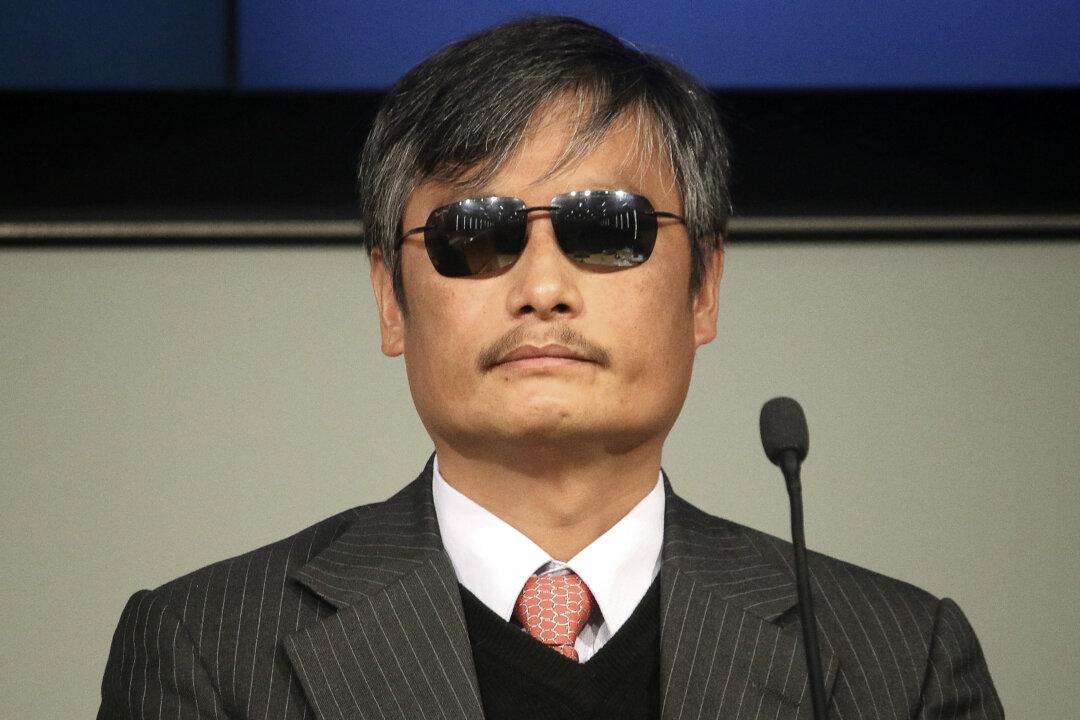WASHINGTON—At two recent forums on China, renowned dissidents and academic critics agreed that the Chinese Communist rulers are slowly losing their grip on the country and control of the minds of the Chinese people. Turmoil in the streets and countrysides and widespread renouncing of the Chinese Communist Party indicate that brute force is increasingly required for the CCP to maintain control.
On Capitol Hill on Dec. 10 in observance of Human Rights Day, Dr. Joseph A. Bosco and Dr. Sen Nieh, described a picture of a Chinese regime in deep trouble. The forum was about the persecution of Falun Gong practitioners in China and hopeful signs that the oppressor’s days are numbered.
At the Cato Institute on Nov. 23, China dissidents Chen Guangcheng and Wei Jingsheng discussed the Chinese people coming to better understand the damage, physical, legal, and economic, that the CCP is inflicting on them.
Mass Protests
“The CCP has succeeded in building China’s economic and military power, with the generous, and sometimes short-sighted, help from the West,” said Joseph A. Bosco, who is a member of the U.S.-China task force at the Center for the National Interest and a nonresident senior associate at the Center for Strategic and International Studies. He served as China Country Director in the office of the Secretary of Defense (2005-2006).
He continued: “Yet, the PRC is not secure in those achievements because it knows it does not enjoy genuine political legitimacy in the eyes of the Chinese people. That is why there are over 100,000 civil protests across China per year and why it spends even more on internal security than it does on its massive military budget. The Chinese Communist Party is afraid of the Chinese people.”
The over 100,000 incidents was also cited by Dr. Murray Scot Tanner, Asia analyst at CNA, in testimony on May 15, 2014, before the U.S.-China Economic Security and Review Commission, where he said, “The Chinese Academy of Social Science reported in 2012 that mass incidents now regularly exceeded 100,000 per year.”




